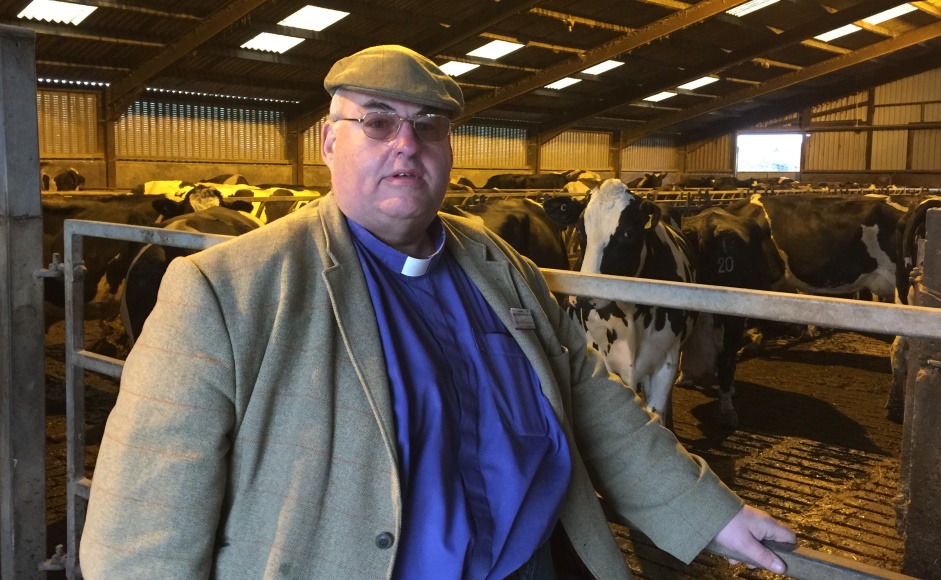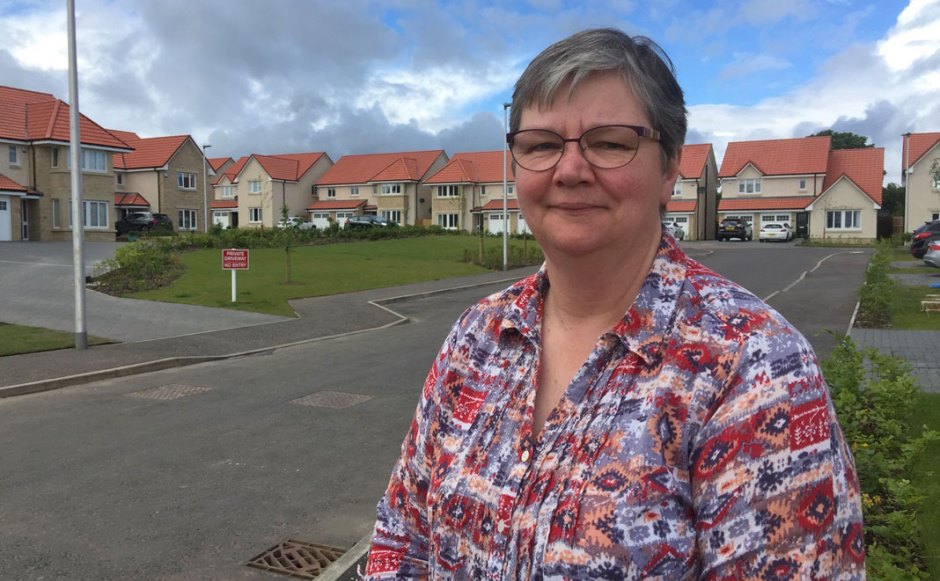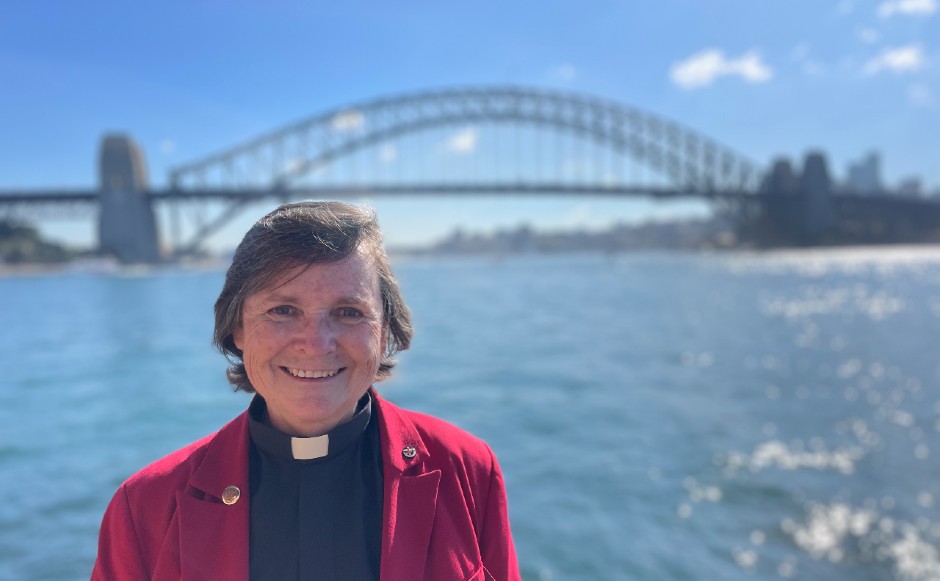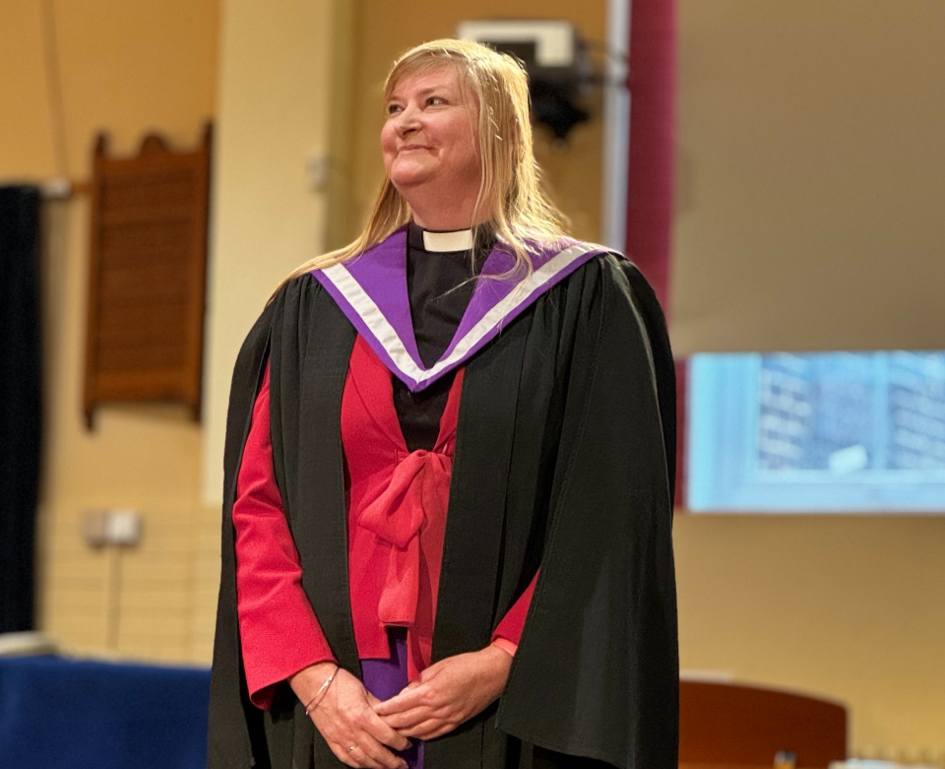Pioneer ministers help bridge the gap between church and community
Published on 29 January 2021 3 minutes read
An independent study on the impact of the Church's pioneer minister pilot project has been published.
It was commissioned by what is now known as the Faith Nurture Forum and carried out by Claire Dalpra of the Church Army, which trains and deploys evangelists within the Anglican denomination.

The project, aimed at spreading the Gospel among the "unchurched", was launched in 2016 with funding for five full-time ministry posts until December of this year.
Rev Chris Blackshaw works with farming communities in Ayrshire, Rev Dr Janet Foggie with students at the University of Stirling and Rev Peter Gardner with the artists, galleries, workshops and studios of Glasgow.
Rev Elisabeth Spence works with people in a new build housing estate in Bonnyrigg, Midlothian and Rev Stuart Davidson connects with people who live, work and travel though Ferguslie Park and the north end of Paisley in Renfrewshire.
Bridging the gap
The fieldwork for evaluation to assess the impact of the project and identify lessons that can be learned was carried out between October 2019 and March 2020.
Ms Dalpra interviewed the five ministers who shared their views on the strengths and weaknesses of their roles and the impact COVID-19 has had on them.
They all noted "surprise and warmth from those they are ministering to that the Church of Scotland should invest in this kind of ministry".

Ms Dalpra also spoke to presbytery representatives, national consultants and local people involved in the ministers' work.
She said they have been effective in listening to and finding ways of speaking the language of people they encounter, with all five saying that they felt "finally able to do what they feel called and gifted to do".
The report stated: "All posts confirm that the ‘gap' between church and culture is widening, exploring what is possible to bridge that gap is needed more than ever.

"These posts show what can be achieved when ordained ministers are released from the routines and responsibilities of their pastoral charges.
"The reflections of these post-holders suggest is it more difficult to juggle existing ministry and pioneering mission in practice."
The report said that the pilot enabled presbyteries to "imagine what is possible", despite considerable organisational upheaval and hard decisions about resources.
Ms Dalpra said she sensed that the project has "fired the imagination of those directly involved" with conversations shifting from the ‘why' of pioneering to ‘how'.
Rev Liz Crumlish, Path of Renewal and Pioneer Coordinator, described the report as "largely positive" and highlighted issues to be avoided when setting up pioneer ministry schemes in the future.
"All of the presbyteries involved would like to retain the 'Pioneer Ministry' in some form and other presbyteries have been inspired to plan for Pioneer ministry in different areas," she added.
"The evaluation has helped concretise anecdotal evidence of the reach and effectiveness of pioneers in communities.
"They can effectively stand in the gap between church and the world, interpreting and connecting."

Ms Crumlish said the report illustrated that the project has helped presbyteries "catch a vision" for pioneering.
"The five pioneers will continue to be a resource for the Church, sharing their learning and experience and ensuring that the necessary support is built into any new posts," she added.
Some presbyteries are currently considering how they can include pioneer posts in their presbytery plans.
Kilmarnock Presbytery has developed a plan and is introducing six new pioneer posts this year, each with a different focus.

Dr Foggie is leaving her post at the end of February to take up a new appointment.
The evaluation report will be included in a report to the General Assembly and copies are available from the Faith Nurture Forum. FaithNurture@churchofscotland.org.uk


